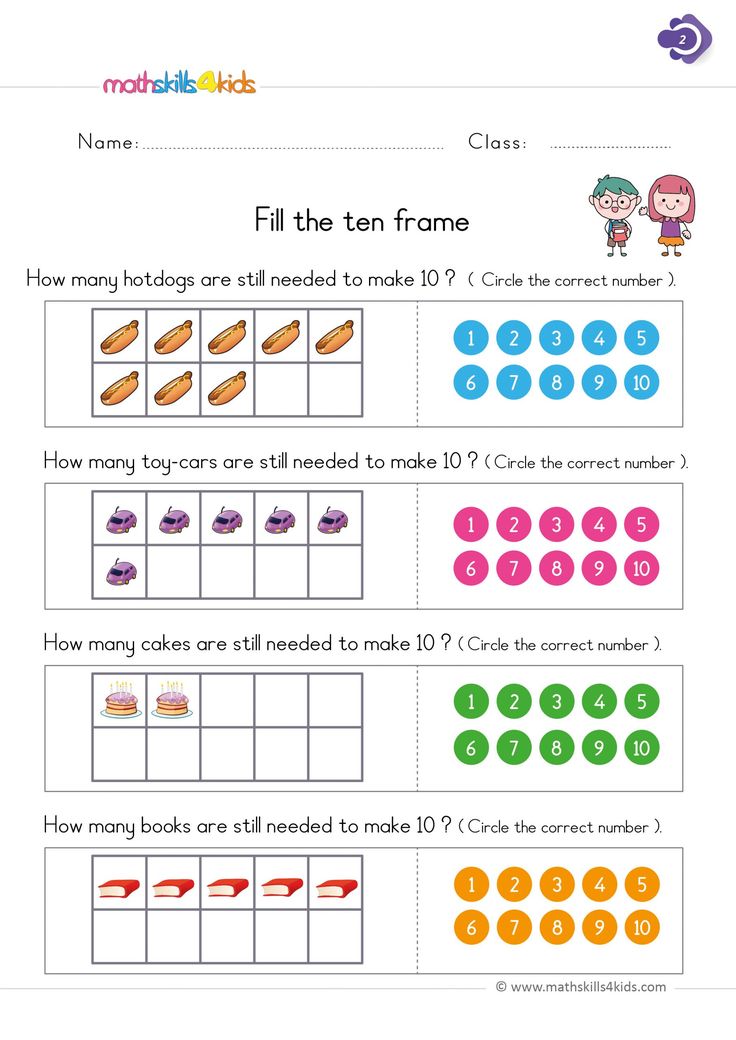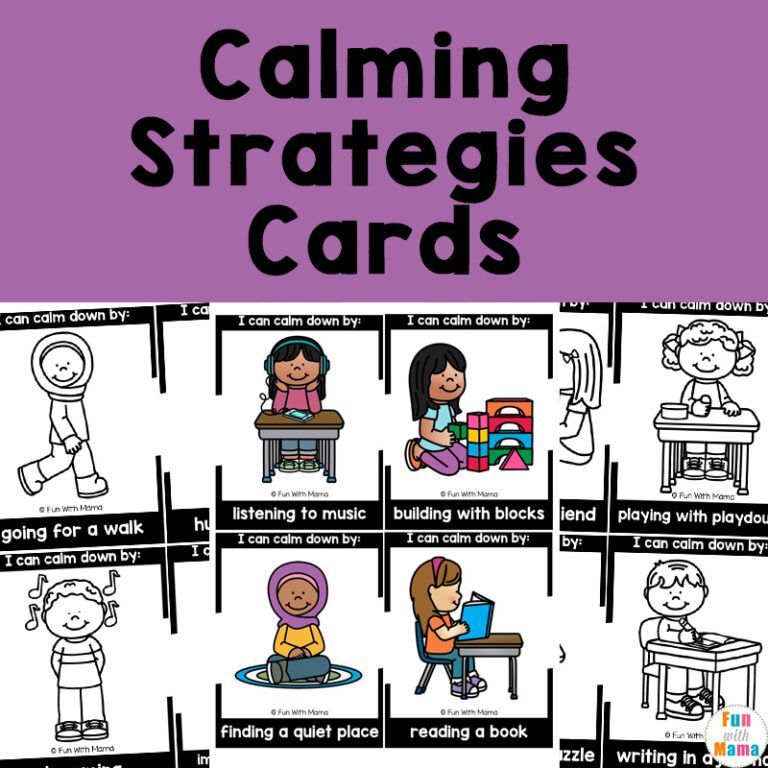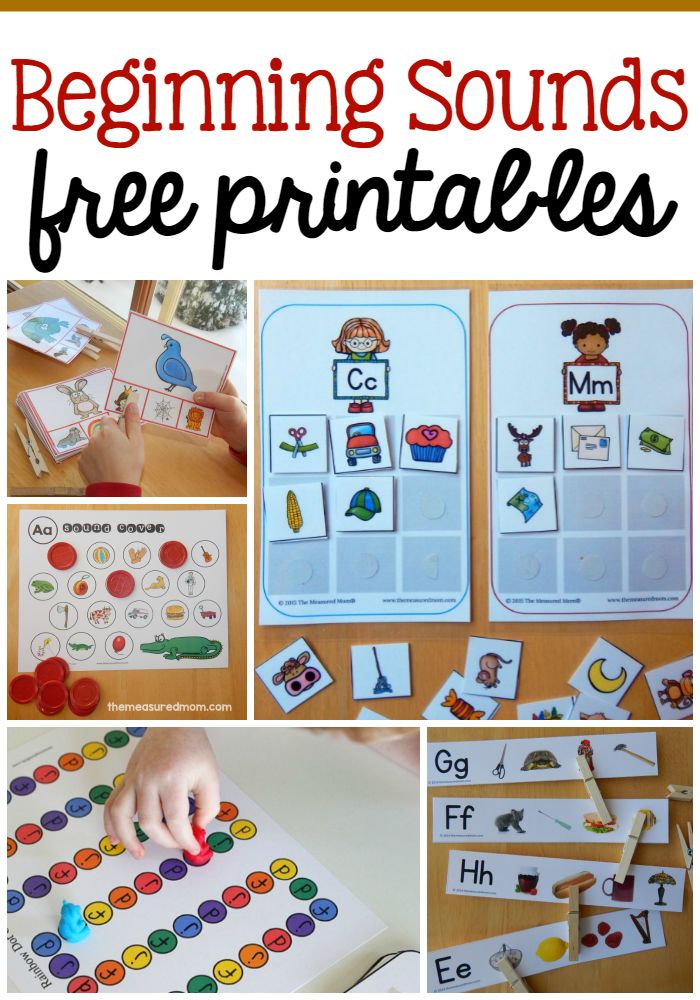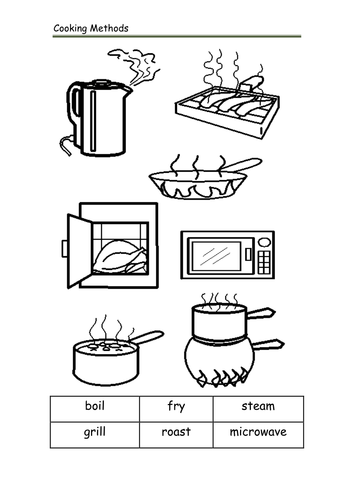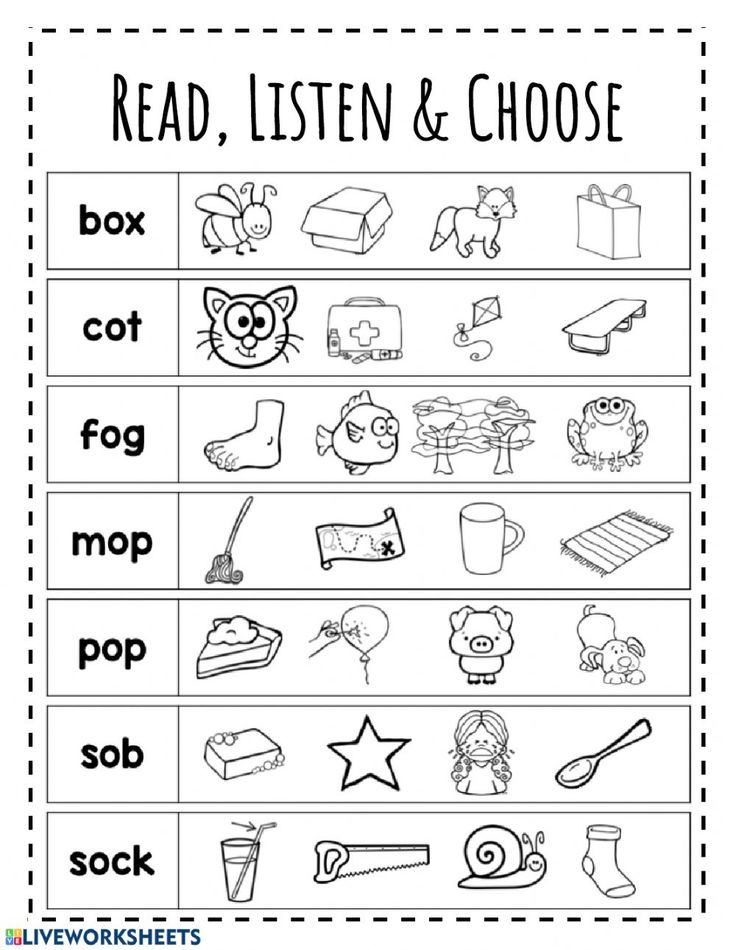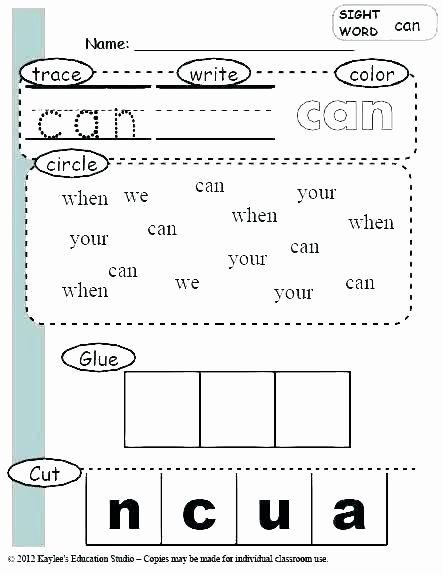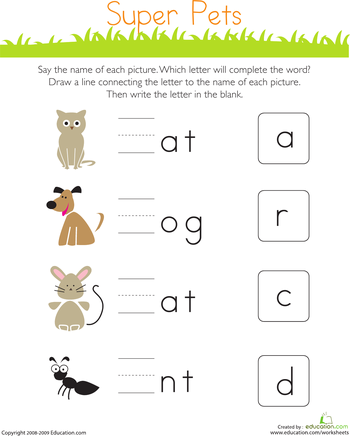How do you spell learning
Help
Problem: The website is blocked to my students
Do your students get a message such as "website can't be reached"?
Solution: Contact your school's technology department, or someone at your school who's in charge of the internet, and tell them you wish to use this website with your class. They can simply unblock it by adding it to their list of approved websites within a couple of minutes.
Problem: I’m using a Mac and the website isn’t working
If you’re using a MacBook or an iMac and the website isn’t working, then try using it with a different browser. If you tried Chrome for Mac and it didn’t work, then try the Safari browser instead (it’s already installed on every Mac), or Firefox (it’s free to download, quick to install, and works great).
How can I save my lists?
After you type your list, click the "Save list / Open saved list" button. Then, type a title for your list, and click the "Save" button.
You can save this way up to 24 lists. They will be stored locally in your browser's cache. Note that if you delete your browser's "history" then your saved lists might get deleted.
Problem: I can't save lists / Saved lists are erased
Your lists might not be saved due to the following reasons:
1. Too strict privacy settings in your browser. (try reducing it, or try another browser).
2. Too strict anti-virus or firewall settings. (try reducing it).
3. In schools, web administrators often disable some features of the computers such as the ability to save changes that you've made.
If you can't get your lists saved, you can always save your lists in a document, as described in the following section:
Saving lists permanently
You can save lists permanently in a text document.
Copy the sharing code (see the section below about sharing lists), and paste it inside a text document (such as MS Word or Google Docs). Type your title above it. You can paste this way as many lists as you wish.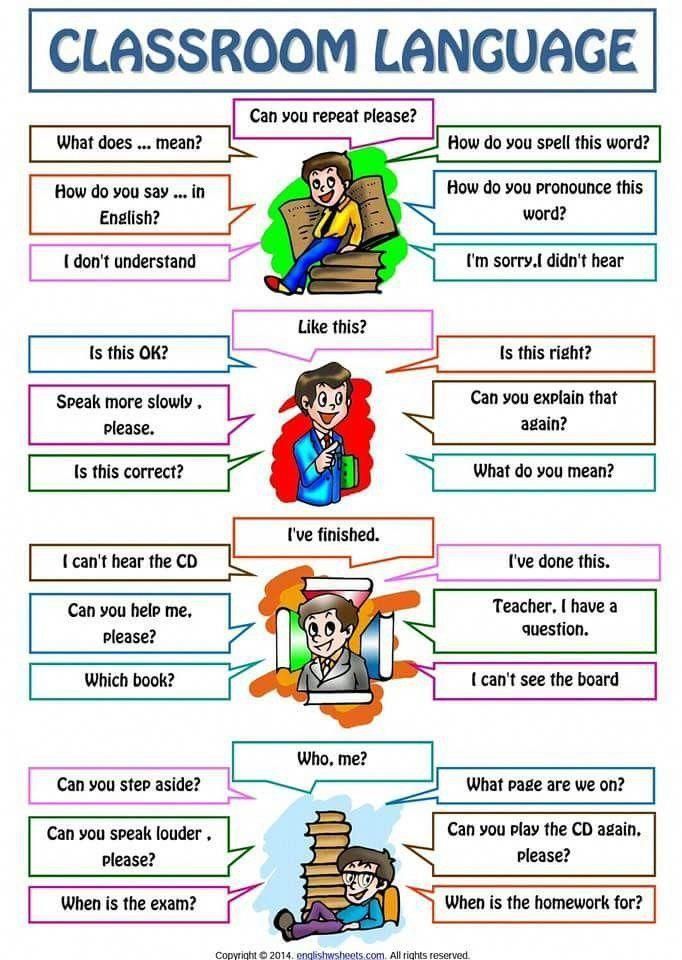 Save the document.
Save the document.
In most document types, when you click the sharing code it will automatically open the website with your list inside it.
How Can I share my list with my students?
After you type your list, click the "Share this list" button. An address that contains your list will appear. Copy it, and paste it in your class's website, or in your Google Classroom.
Problem: A game stopped working (can't hear sound, or the screen is black, or doesn't load)
Note that old computers (older than 4 years) might have trouble running some of the games.
Solutions:
1. Try reloading the page (use the "reload" button on the browser, or the F5 key on the keyboard).
Does it work now? If it doesn't, then try the following:
2. Close the browser, including all its open tabs (better save your word list before closing). If you can, close other computer programs that are open too.
Now wait a few seconds (to let the computer's memory get flushed).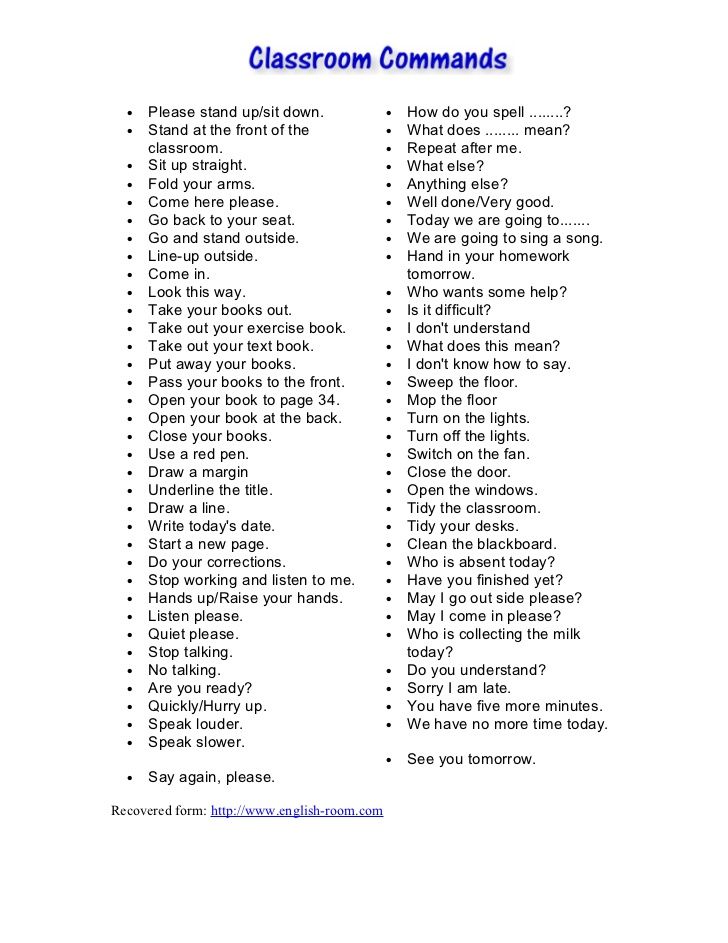
Now open the browser again, get back into spellingtraining.com, go to the problematic page and reload it again.
If it still doesn't work, then:
3. Try the website with another browser (Google Chrome, Firefox, Microsoft Edge, Safari, etc.). If it doesn't work with one - it might work with the other.
If it still doesn't work - please tell me about it! Send me an email to: [email protected]
But also in the meantime, the following solution will probably work -
4. Try using the website from another computer.
Problem: Some games are suddenly missing (Rollercoaster, Dragon)
Solution: If you browse from a computer and this happens, try the following:
1. Maximize the browser's window size. The games might now reappear.
2. Try zooming out by clicking "Ctrl" with "-" (pressing Ctrl with the minus key). If you zoom out the missing games will appear.
Note that those 3d games (rollercoaster, dragon island, jungle speller etc.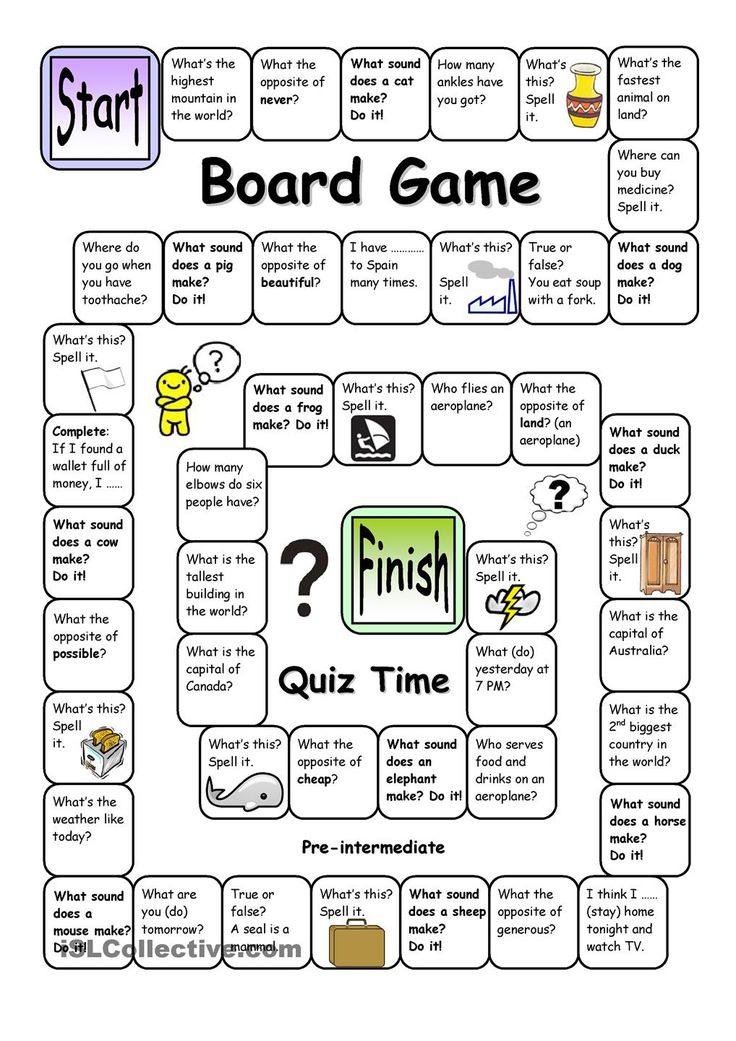 ) won't appear on tablets and smartphones.
) won't appear on tablets and smartphones.
I didn't find an answer to my problem
If there is anything else that you need assistance with, don't hesitate to contact me and I'll do my best to help you. My email is [email protected]
Learning to spell for adults and mature learners
Not all adults have perfect spelling skills. In fact, many have developed bad spelling habits over the years. This is even more so the case today given the nature of communication on social media networks and mobile texting.
Abbreviations are common in order to save space in posts and message chains and people ignore English capitalization and punctuation rules. It’s also the case that individuals who left school early may simply have missed out on learning how to spell in the first place.
And while spelling is only one aspect of productive language knowledge, it tends to be a rather obvious one. You may not know what a word means, but when you misspell something, everyone notices.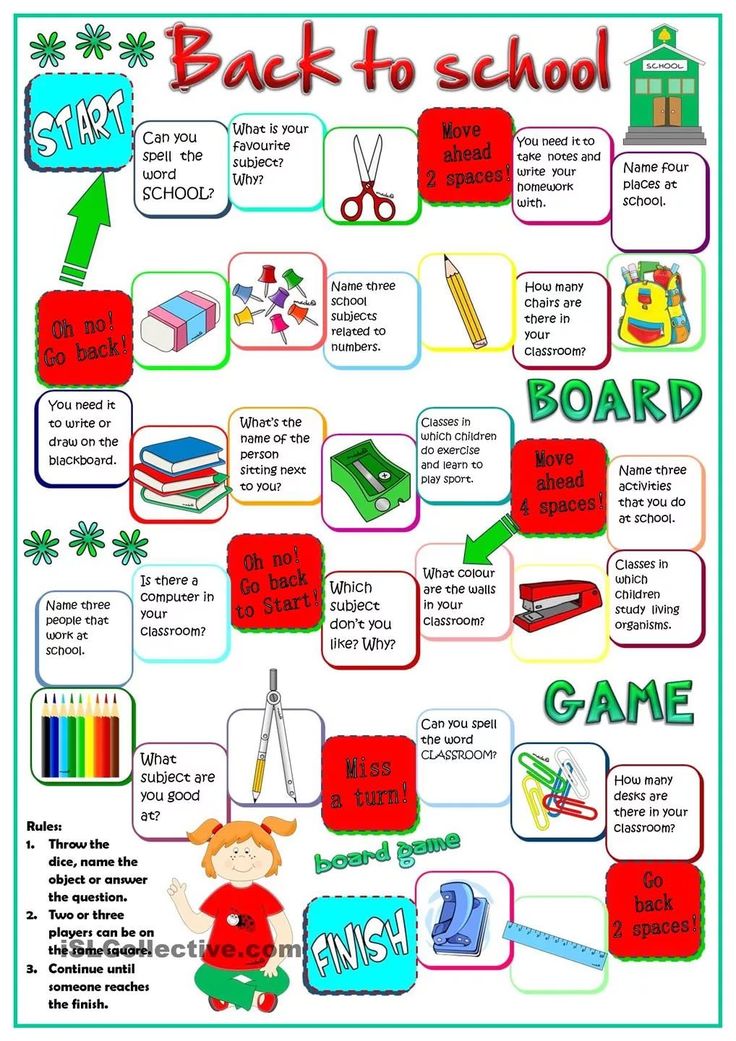
Spelling is not a reflection of intelligence. Nonetheless, it is still necessary to know how to spell in order to be successful in academic and work endeavours. Having poor spelling skills in English can cause an adult to be judged negatively by others.
They may lose out on job or career advancement opportunities and often will experience feelings of embarrassment and low self-esteem. Worse still, poor spelling skills can cause individuals not to reach their full potential at school.
This is because when a young adult finds certain words hard to spell, they may rely on more common and less specific vocabulary in writing, or avoid writing altogether. Their written work can appear over-simplified and may not reflect the true extent of their vocabulary.
While it may be embarrassing to practice spelling as an adult, an intervention is often required as it is not a skill that will fix itself. Learning to spell involves targeted work, including repetition and transcription exercises.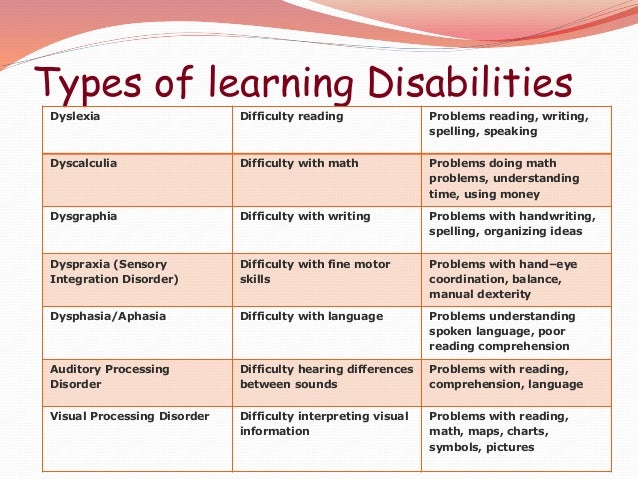
Enrollment in a basic adult education course at a local school is recommended, particularly if poor reading skills are also a factor.
Individuals who can’t spell may also wish to sign up for an adult spelling course or use a program or app that runs on a home computer.
It's even possible to learn how to spell and acquire a new skill at the same time! This is the case with mastering touch-typing using Touch-type Read and Spell (TTRS). Originally developed to help learners with dyslexia, it takes a unique whole-word approach and teaches spelling together with typing.
Learning spelling as an adult vs. as a child
Because English spelling is so irregular, children learn spelling at school. Some even compete in spelling bees, which are competitions that cover some of the hardest to spell words in the English language.
However, for adults it is assumed that they already learned the spelling of most words at school. Thus when it comes to people working in specialized fields, there isn’t always the same level of attention to subject and domain specific vocabulary, which may prove problematic.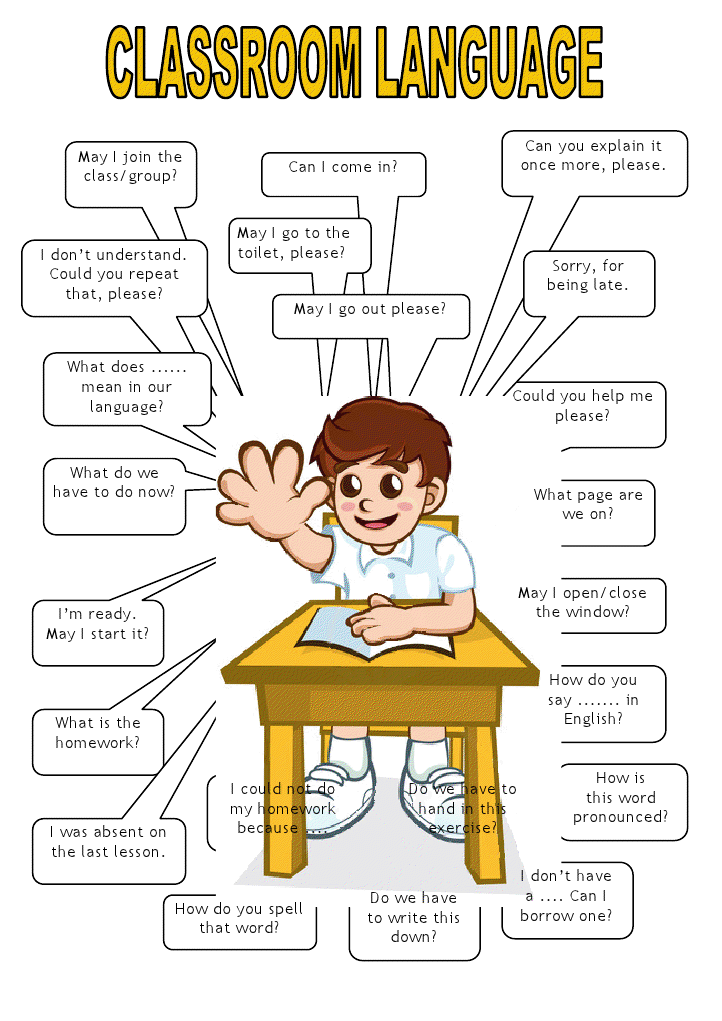
Again, that’s where Touch-type Read and Spell can help. You can create your own modules that contain the relevant vocabulary you need to practice.
Moreover, most children learn how to spell at the same time as they learn new words.
This means their spelling skills develop along with their vocabulary. On the other hand, an adult with poor spelling skills may have a wide knowledge of spoken language but experience difficulty when it comes to writing down all of the words he or she knows.
An adult who is learning English as a second language can have trouble with English spelling due to the lack of 1:1 sound letter correspondence. In other words, there are many ways of writing the same sound in English.
Spelling is even further complicated if the adult learner’s native language does not have a specific letter, or if it uses a different alphabet.
Reading and spelling skills are related, as spelling is part of the sound-letter mapping children need to decode words.
But while children learn at school, adults may need to be taught how to learn spelling. This can involve mastering memory tricks or understanding that repetition and multi-sensory learning can improve retention.
Specific learning difficulties
Fear of being exposed for bad spelling, reading or writing habits can keep many adults from improving their skills. But sometimes an adult’s struggles with spelling are the result of an undiagnosed learning difficulty that caused them to miss out on crucial early literacy skills or to leave school due to frustration with reading and writing in the classroom.
These individuals can highly benefit from addressing their specific learning difficulty and learning strategies that will help them overcome literacy roadblocks and improve spelling, no matter what their age.
DyslexiaDyslexia can manifest in different ways, but it's common for it to cause spelling difficulties rooted in a lack of phonological awareness.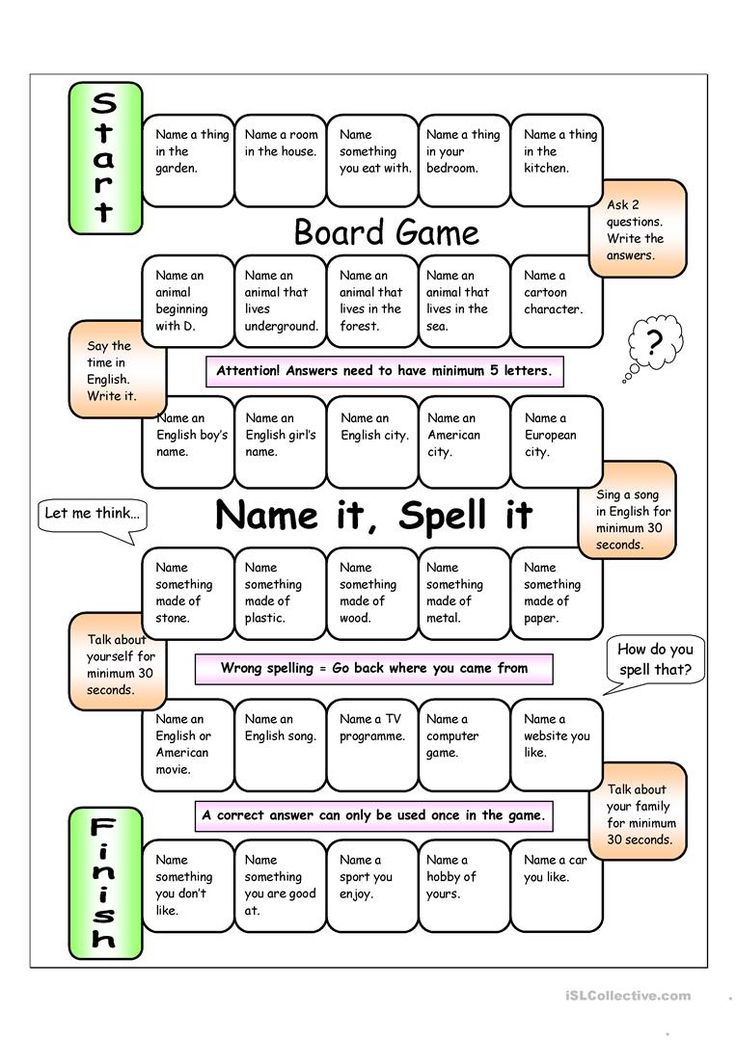 Luckily, there are strategies that can help dyslexic adults learn how to spell.
Luckily, there are strategies that can help dyslexic adults learn how to spell.
As opposed to dyslexia, dyspraxia is more related to planning and fine motor skills interruption. However, it can cause problems when it comes to writing words out by hand. Without ample practice writing, an individual may develop poor spelling skills. That’s why learning how to type is an excellent solution for dyspraxic individuals who are looking to improve their skills.
DysgraphiaHandwriting difficulties may be a result of dysgraphia, a condition that makes it difficult and sometimes even painful to write by hand. An individual who has avoided writing for most of his or her life is likely to have underdeveloped spelling skills.
ADHDIndividuals with attention difficulties may find it difficult to focus and can have trouble sitting still. This makes it hard to concentrate during writing activities, particularly when it comes to learning spelling rules.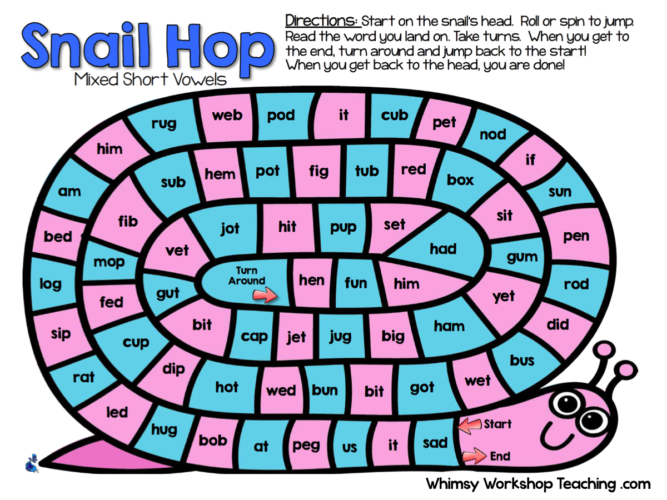 Tactile learning via touch-typing can be a solution in these cases.
Tactile learning via touch-typing can be a solution in these cases.
Spelling tips
- Know the rules. They aren’t consistent and there are plenty of exceptions, but it’s still worth learning some spelling rules in English. When you learn a rule, be sure to review a set of common examples that demonstrate it, as well as words that break the rule. You may decide to pick up a page of English text and underline all of the words that conform to the rule. When you’re done, look for the exceptions, as you are sure to find a few!
- Study Dolch Words. Also called Sight Words, these are among the most frequent words in English and account for up to 50% of most texts. They include prepositions, verbs, adjectives, articles and adverbs and overlearning them will allow you to spend more time learning the spelling of harder, less frequent vocabulary.
- Recognize prefixes and suffixes. When one or two letters appear at the start of a word and change the meaning in a consistent way, it is called a prefix.
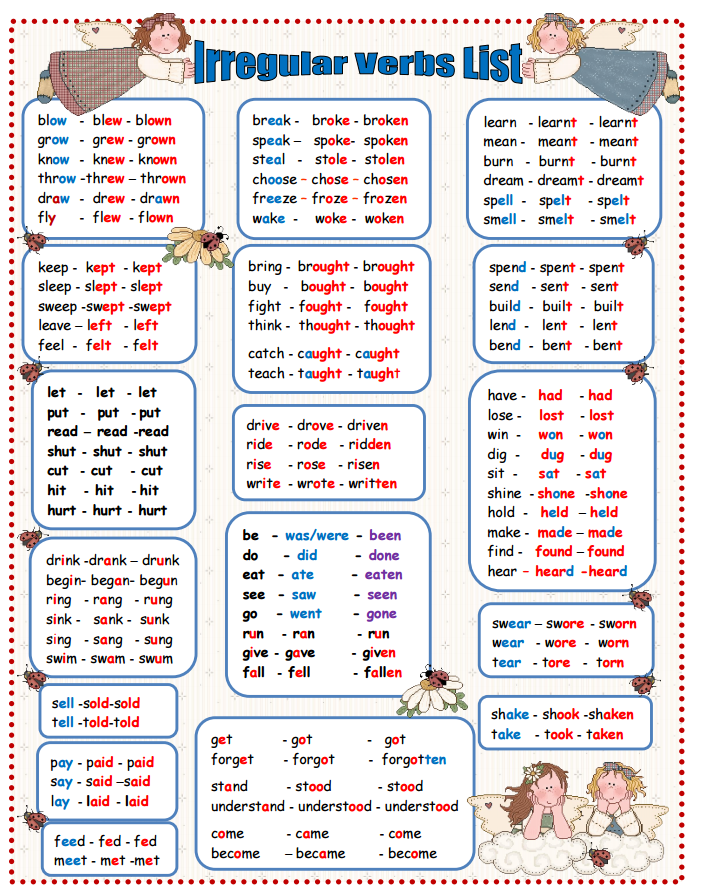 For example, re- means to do something again, such as review, regenerate, reiterate. A suffix added to the end of a word functions in a similar way. For example, we use –s or –es to make a noun plural. English is full of common suffixes and prefixes that you can learn. Familiarizing yourself with them will help you to see the various parts of a word and improve your spelling.
For example, re- means to do something again, such as review, regenerate, reiterate. A suffix added to the end of a word functions in a similar way. For example, we use –s or –es to make a noun plural. English is full of common suffixes and prefixes that you can learn. Familiarizing yourself with them will help you to see the various parts of a word and improve your spelling.
- Read as often as you can. Every language has common combinations of consonants and vowels. The more you read, the more you will be exposed to them and the more familiar they will become. It’s easier to learn the spelling of a word that you already recognize.
- Look for patterns. The human brain is very good at spotting patterns. If you present it with examples of words that contain a similar letter combination, you can learn English spelling rules indirectly. Try taking a highlighter and underlining words with the same or similar spelling across a newspaper page.
 Next, see if you can write out a rule that describes what you see. Acquiring rules in this way makes them easier to remember, thanks to the extra cognitive energy you expend figuring them out on your own.
Next, see if you can write out a rule that describes what you see. Acquiring rules in this way makes them easier to remember, thanks to the extra cognitive energy you expend figuring them out on your own.
- Use mnemonics. Hard to spell words can sometimes lend themselves to visual or auditory cues that create a more robust memory. For example, the word Wednesday can be tricky to spell because the d is silent. To help you spell it correctly, you might picture a bride and think that she is to be wed on Wednesday.
- Spell out loud. Sometimes spelling a word aloud can make it easier for people with learning difficulties who struggle to put letters down on paper. Create a list of words that you want to learn and practice spelling them while you are in the shower or on your way to work. Speaking them and hearing yourself say each letter will create auditory memories that are especially helpful for individuals who are not visual learners.
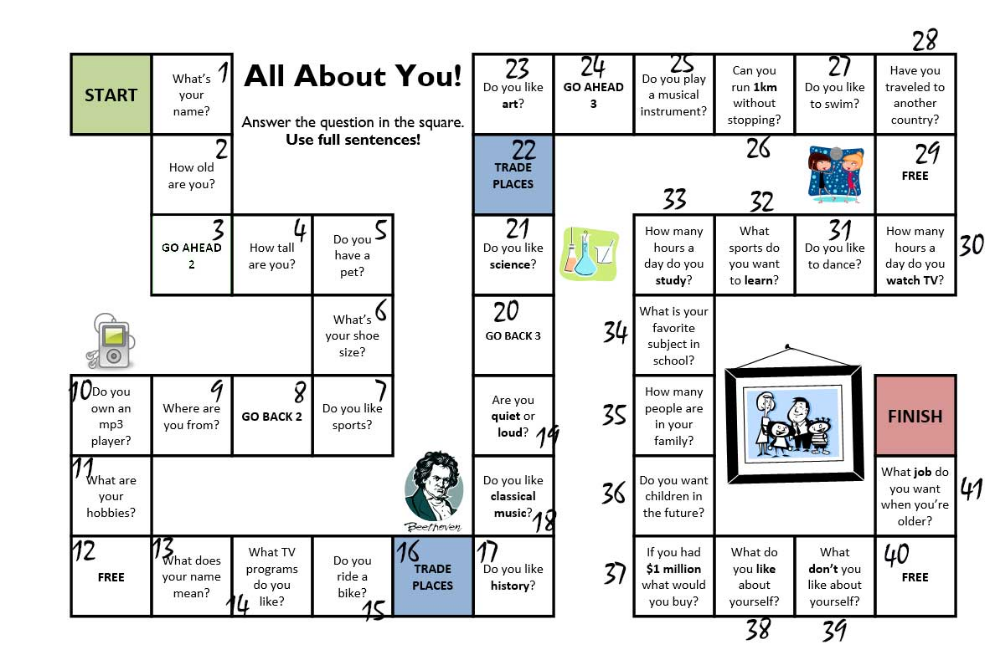
- Research the origin of words. English is a Germanic language but it has adopted vocabulary from various other languages that it came into contact with over the years. For example, it contains plenty of words of French origin thanks to the Normans having ruled England for a few hundred years. When you research where a word comes from, you may see similar spelling patterns for other words with the same origin, such as Greek words, which tend to be found in science related vocabulary.
- Take a multi-sensory approach. When you learn the spelling of a word and encode it physically, as is the case in handwriting or touch-typing, you are adding muscle memory to the process. The more you generate a word, the more likely it is that you automatize its spelling.
Touch-typing and spelling
A touch-typing course is often a great idea for adults who want to improve their skills. That’s because typing entails repeatedly producing words on a keyboard while seeing and hearing them read aloud.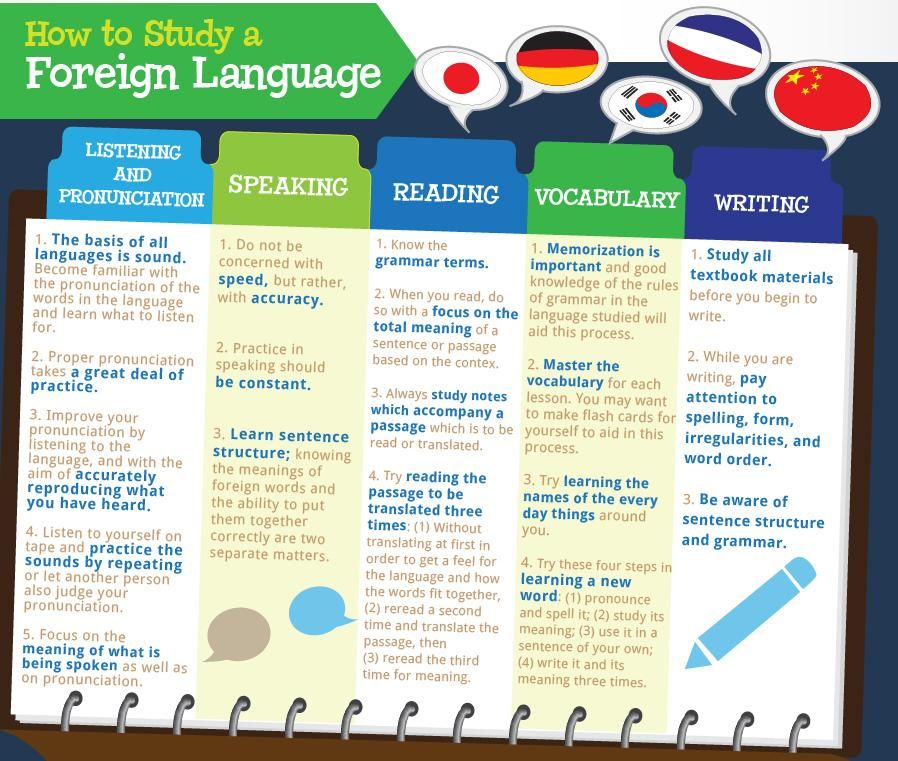 This process encodes spelling patterns in a multi-sensory way and enhances recognition of common letter combinations.
This process encodes spelling patterns in a multi-sensory way and enhances recognition of common letter combinations.
Learn more
Plus, touch-typing is a skill that opens up job and academic opportunities and can be mastered in as little as a few weeks. When the course is modular, such as is the case with the Touch-type Read and Spell program, it’s also convenient for a busy adult who is juggling work and family life and needs to move through the material at his or her own pace. The best part is it's a way of improving spelling skills without calling attention to ability, as the focus is on typing.
Do you have any tips for adults who are learning how to spell? Join the discussion in the comments!
For adult learners
TTRS is a program designed to get adults with learning difficulties touch-typing, with additional support for reading and spelling.
"Learning" or "learning": how is the word spelled?
Spelling of verbs in Russian often causes difficulties. Especially often errors occur when choosing the spelling of verbs ending in "-tsya" and "-tsya". Doubts appear in the use of a soft sign - it is not always needed at the end of verbs. In order not to make a mistake, how to write correctly: “studies” or “studies”, you need to remember the rule that applies in this case. It will be applicable to a huge number of other Russian verbs.
Especially often errors occur when choosing the spelling of verbs ending in "-tsya" and "-tsya". Doubts appear in the use of a soft sign - it is not always needed at the end of verbs. In order not to make a mistake, how to write correctly: “studies” or “studies”, you need to remember the rule that applies in this case. It will be applicable to a huge number of other Russian verbs.
Read the article
- What is the correct spelling?
- Morphemic analysis of the words "study" and "studies"
- In what cases they write the word "studies"
- Sample sentences
- In what cases they write the word "study"
- Examples of the words "study"
- Wrong spelling of the words "study" and "study"
- Conclusion
What is the correct spelling?
The words "study" and "study" are imperfect verbs. Their semantic meaning is practically the same - "to learn new information, gain theoretical and practical experience.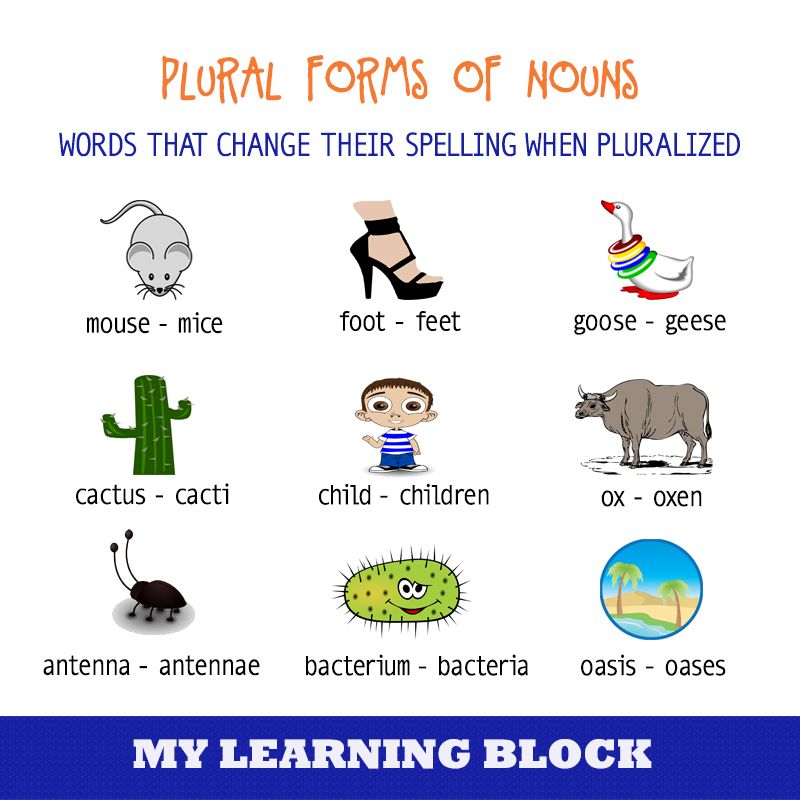 "
"
Both spellings are acceptable in Russian: “studies” and “studies”.
The choice of one of them depends on the form in which the verb is used:
- "Learn" is written if the word is used in the initial form. This verb is an infinitive that answers the question “what to do?” characteristic of this form of the verb. Here you can notice the presence of a soft sign, which means the need to write it in the word itself. This is regulated by the rule that all infinitives end in "-t" or "-t".
- "Studies" must be written when using the verb in the present tense and 3rd person. In this case, he will answer the question "what is he doing?". Since the question does not end with a soft sign, then, according to the rule, it will be absent in the word itself.
It should also be noted that different syllables are stressed in these words.
Morphemic analysis of the words "study" and "studies"
Morphemic analysis of the verb "study":
study
- "uch" - root;
- "and" - suffix;
- "t" - suffix;
- no ending;
- "sya" - postfix;
- "study + sya" - the basis of the word (the formative suffix is not included).
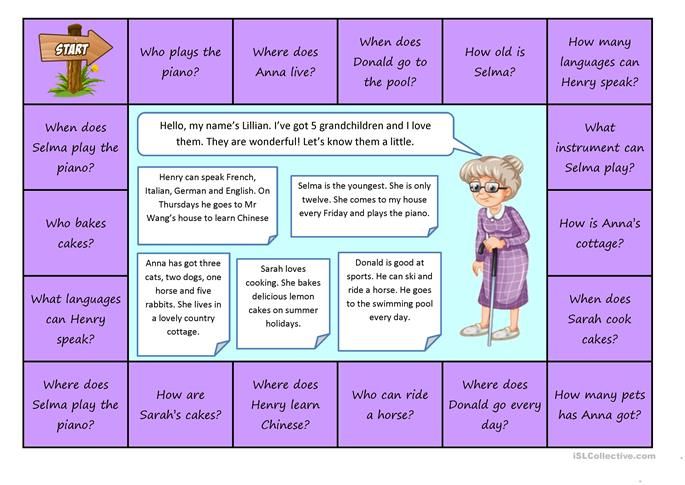
In the sentence "learn" can play the role of a predicate.
Morphemic analysis of the verb "studies":
studies
- "uch" - root;
- "it" - suffix;
- null ending;
- "sya" - postfix;
- "studies" - the basis of the word.
In the sentence "learns" can play the role of a predicate.
In what cases is the word “studies” written?
In what cases is the word “study” written?
Sample sentences
- It's never too late to learn something new.
- To study well, you need to take a responsible approach to doing homework.
- I can't learn from other people's mistakes, so I always learn from my own.

- Study, study and study again!
- Before becoming a professional in your field, you will have to study and improve your skills for a long time.
Synonyms of the word "study"
The following synonyms can be found for the word "study": to study, to gnaw at the granite of science, to learn, to learn, to train, to learn, to sit on the school bench, to pass, learn, master, adopt, hammer, accustom, learn, educate, specialize, study.
Misspelling of the words "studies" and "studies"
Writing a soft sign at the end of a verb is not allowed if it has the present tense form of the 3rd person. In turn, it is impossible to write an infinitive without a soft sign - this would be a mistake.
Conclusion
Thus, both spellings of the verb in question are considered acceptable: “studies” and “studies”. To choose the correct one, it is necessary to determine in what form the verb is used. To simplify the task will help the formulation of the question: “what does it do?” - studies; "what to do?" - study).
If there is a soft sign at the end of the question, it will be preserved in verbs, and if it is not present, the soft sign will also be absent at the end of the word.
"learn" or "study", "learn" or "learn"?
Content
- 1 How it is written correctly
- 3.1 How to write incorrectly
- 4 Conclusion
007 3 Sample sentences
Sometimes we forget the rules of Russian grammar that we learned at school. But it is not at all a shame to look into dictionaries and thematic sites if you have forgotten something.
Knowledge of Russian spelling is necessary in business correspondence, during personal contacts, when filling out documents. Of course, no one wants to appear uneducated. And good literacy is just a marker of an educated person. This will definitely get attention.
If you have such questions: how to spell “learn” or study”, how to spell “learn” or “learn”, how to spell the word learn, how to spell “learn” and how to write “learn” – with the letter “y” or “y”, then in this article you will see the correct answers based on the rules of the Russian language.
How to spell
The correct spelling would be: “study” with a soft sign and “I teach” with the letter “y”.
Which rule applies
To determine whether to write this word with or without a soft sign, you need to ask questions “what to do” or “what does it do” to it. If there is a soft sign in the question, then it will also be in the lexeme to which the question refers. Thus, the word “learn” answers the question “what to do”, and therefore, it will be correct to write it with a soft sign.
In Russian, there is a rule according to which the consonants “ch” and “sh” must be written with the vowel “y”. The combination of “chu” and “shu” is always written with a “y”. The consonant “ch” in Russian does not require demonstrating softening of the subsequent vowel. The consonant "h" is already softened.
Analysis of the composition
The word “learn” is a verb. The composition of the lexeme: “uch” is the root, “learn” + “sya” is the basis of the word, “i”, “t”, “sya” are suffixes, there is no ending.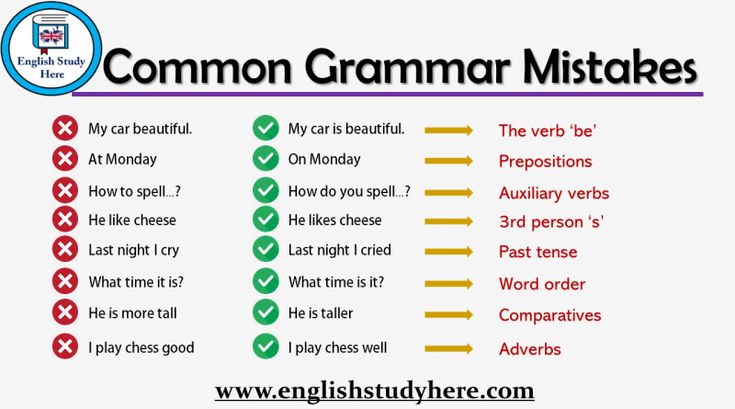
study
“I teach” is a form of the verb “to teach”. “Uch” is the root and basis of the word, “u” is the ending.
I learn
Morphological and syntactic properties
Morphological features of the lexeme “learn”: has the initial form “learn”. Permanent signs: imperfective aspect, 2nd conjugation, intransitive verb. With regard to non-permanent signs: indicative mood. Depending on the context, it can be a different member of the sentence, play a different syntactic role.
Morphological properties of the verb “I teach”: the initial form is the infinitive “to teach”. Permanent features: imperfective, 2nd conjugation, transitive verb. Non-permanent signs: 1st person, indicative mood, present tense, singular. Syntactic role: depending on the situation, it can act as different members of the sentence.
Meaning
The word “learn” has two main meanings. In the first case, this lexeme means mastering some new knowledge, acquiring useful skills and experience. In the second sense, it literally means the following: to get an education in an educational institution. For example, study at a university, college, school.
In the second sense, it literally means the following: to get an education in an educational institution. For example, study at a university, college, school.
The lexeme “I teach” also has several meanings. In the first case, if it is used in relation to another person, it means the following: to teach someone, to transfer their knowledge to him, to transfer certain skills and experience. In the second case, if the word is used in relation to oneself, it means independent learning, obtaining skills and knowledge. It refers to the process of memorization, assimilation of something. In a figurative sense, this word means instructions, advice and guidance.
Synonyms
Synonyms and expressions similar in meaning to the words “learn”: learn, comprehend, learn, adopt, train, master, work through, cram, study, improve, master, practice, prepare, get an education, gnaw at the granite of science acquire knowledge, acquire skills, take a course of study.
A number of these words will be a synonym for the lexeme “I teach”, but the following can be added to the number of synonyms for this word: I teach, educate, teach, advise, admonish, instruct, enlighten, preach, explain, interpret, train.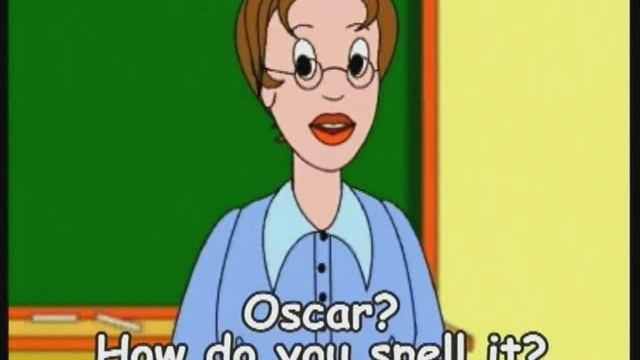
Sample sentences
- No matter how much I study it, everything is useless.
- A person must study all his life, the learning process goes on continuously, non-stop.
- As a child, his parents told him: if you don't study well, you will have to work hard. He had not listened to them before, but now he understood the meaning of their admonitions, but it was already too late.
- I have been studying this lesson for several hours, but so far I have not understood it well.
- Then the seventh-grade teacher Elena Sergeevna said: “I have been teaching you the rules of the Russian language for several years, and you make such stupid mistakes that they make in the second and third grades.”
- There's nothing left to do here but always learn something new. This is the only possible way of existence in a world in which there are constant, literally every day, some changes, innovations are introduced, changes are taking place.
- I like the poetry of Joseph Brodsky, so I learn his poems by heart.


